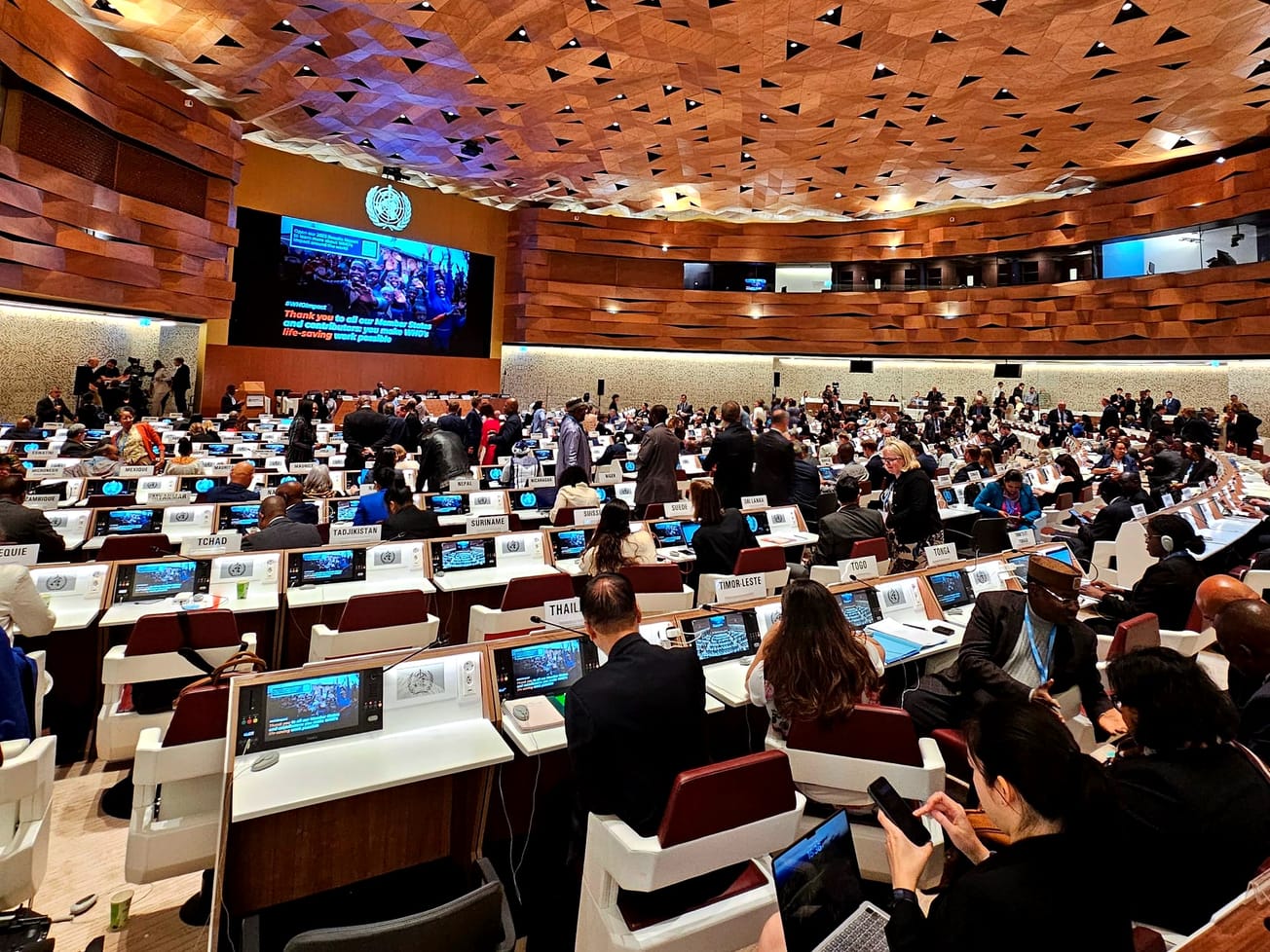GENEVA (AN) — The World Health Organization's governing body opened its annual meeting amid expectations it will amend its laws on public health emergencies and prolong the stalemated pandemic treaty talks.
WHO officials said on Monday that this week's 194-nation World Health Assembly is likely to amend its International Health Regulations and to extend talks on a pandemic treaty for some months more despite the failure to reach a deal after nearly two and a half years of negotiations.








